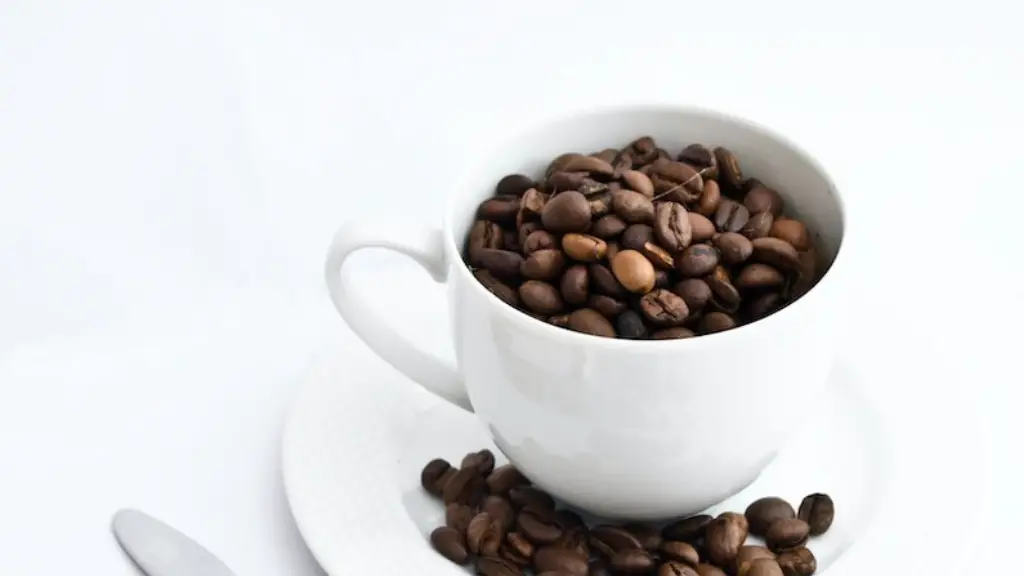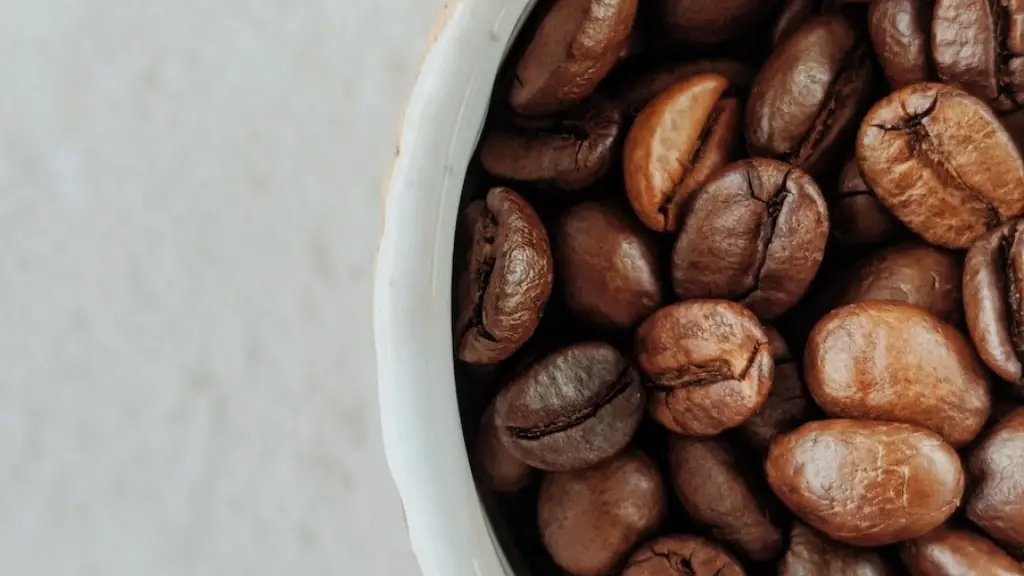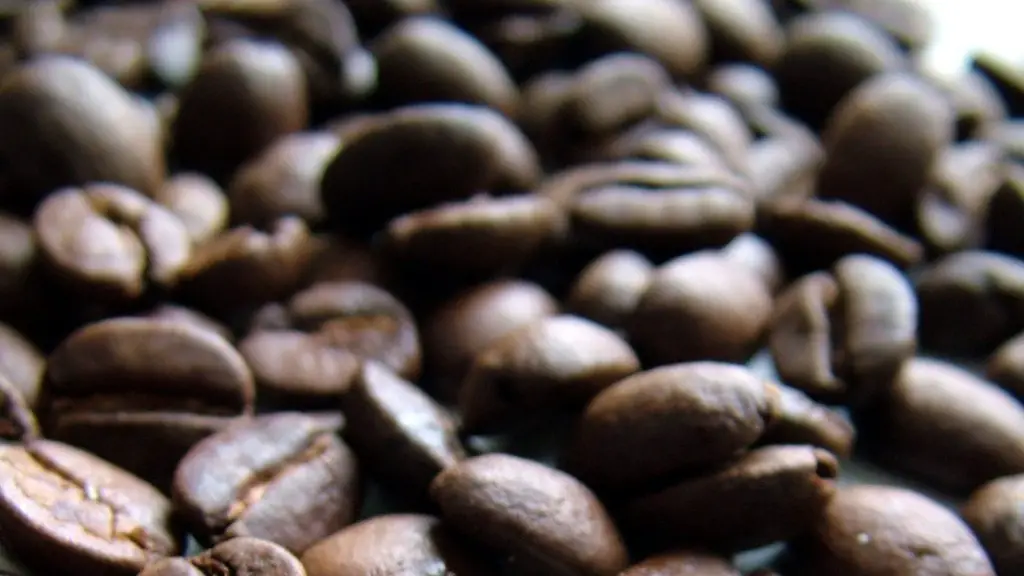Herbal Teas
For a great start to the day, many people have found that herbal teas are an enjoyable alternative to coffee. A hot cup of herbal tea is loaded with antioxidants and other health benefits but, unlike coffee, is low in caffeine. Many herbal teas, such as chamomile, peppermint, and ginger, provide soothing, calming effects that can make mornings more peaceful and enjoyable. Additionally, some herbal teas, such as rooibos, are naturally sweet and don’t require any added sweeteners.
Researcher and nutritionist Katey Davidson suggests that those considering replacing their morning cup of coffee should “find an herbal tea that tastes good to your palate. The key is to make sure its something [you] enjoy drinking.” Davidson notes that everyone’s taste may vary, so experimenting with different types of herbal teas is important. It is best to experiment with different flavors and brands to find out what tastes the best.
The process of making herbal tea is very simple. All that is needed is a mild-flavored herbal tea like chamomile or peppermint, boiling water, and a tea strainer or tea bags for easy cleanup. To make the herbal tea, it is as simple as pouring boiling water over the tea bags or strainer and then steep until the desired strength. Depending on the tea, a single cup can be brewed multiple times to get full use out of each bag or sprig.
The benefits of herbal tea in the morning go far beyond just the flavor. Tea bags can be purchased from nearly every supermarket and health food store, making it readily available. Herbal tea is also relatively inexpensive, and one can often get multiple cups out of a single bag. It is also very low in calories and contains no fat, making it an ideal choice for those who are watching their waistlines.
In addition to health benefits, many people have found that herbal tea helps enhance the morning ritual, setting an overall mood of calm and peace that coffee rarely achieves. As Penny Thompson, a tea enthusiast, shares: ‘herbal teas help me start my morning with a sense of calm that lasts me all through the day.’
Nut Milks
Although many people enjoy their morning coffee with cream and sugar, avoiding dairy products can be an important part of maintaining a healthy lifestyle. Those looking for an alternative to coffee in the morning can try nut milks such as almond or cashew. Nut milks are naturally gluten-free, and there are even vegan alternatives to traditional milks, such as those made with rice, soy, coconut, and oats.
Nut milks can provide a substitute for dairy-based drinks, and are also ideal for making creamy, delicious lattes for a fraction of the cost of a traditional latte from a coffee shop. Additionally, because nut milks are free from dairy and processed ingredients, these alternatives offer a variety of health benefits, such as lower cholesterol and a decrease in seasonal allergies.
Nut milks are not just for your morning coffee. They can also be blended with smoothies, such as oatmeal and fruit smoothies. Nut milks, such as almond and cashew, can provide a creamy texture and nutty flavor that can be enjoyed any time of day.
Nut-based milks offer a wide variety of options, from organic and unsweetened to flavored varieties like vanilla and cocoa. These milks come in a variety of different nutritional profiles, including low-sugar, dairy-free, and non-GMO products, allowing people to find the perfect one to suit their health needs.
It is important to not be fooled by nut milks labeled as ‘beverages’. While these milks might taste like an alternative to coffee or other morning drinks, they can often contain a high content of sugar for added flavor. Therefore, it is important to read the nutrition facts of each item and make wise decisions when shopping for nut milks.
Fresh Juices
Fresh juice can be a great alternative to coffee in the morning. People can get creative with a wide selection of fresh produce, making juices that are packed with vitamins and minerals. Fresh juices can be subjected to minimal or no processing and are a delicious and nutritional substitute to the morning cup of coffee. Plus, making fresh juice is an easy and efficient way to get the energy boost one needs in the morning.
When selecting ingredients for a juice, individuals should opt for selecting fruits and vegetables high in antioxidants, such as spinach, celery, kale, carrots, apples, and ginger. Antioxidants are compounds in the body that protect cells from damage and can help protect against chronic and degenerative illnesses.
In addition to the wide array of vitamins and minerals, fresh juices also contain phytonutrients, which are natural compounds that are beneficial to your health. Phytonutrients are responsible for neutralizing free radicals and aiding with digestion, immune support, skin health, and more.
However, one disadvantage to homemade juices is the cost of fresh produce. Fruit and vegetable juices can become expensive if the individual purchases all the ingredients for the morning drink. Therefore, to prevent overspending, it is important to buy in-season produce and consider buying frozen fruits and vegetables when they are not in season.
Since fresh juices need to be processed, they also require time to prepare. Therefore, it is best to make fresh juices the night before, so that they can be ready to drink in the morning. This may require individuals to get up a bit earlier, but the added time and effort is worth skipping out on the coffee.
Smoothies
Smoothies are another great way to start the day. Smoothies are a combination of fruit, vegetables, protein powder, yogurt or other adding ingredients that can provide a complete meal replacement for breakfast. The combinations are endless, allowing people to get creative with their morning drink.
Like juices, smoothies can be packed with vitamins, minerals, and antioxidants. They are also a great way to get protein and fiber in the morning. Protein helps the brain produce dopamine and serotonin, two neurotransmitters that are key to regulating mood and energy levels. Some great sources of protein to put in smoothies include nut butters, hemp seeds, and chia seeds.
Berries are also a great addition to smoothies, as they are packed with antioxidants to help protect against disease-causing damage. Berries are also naturally sweet and can help reduce sugar cravings throughout the day. Other ingredients that can be added to smoothies include bananas, avocado, greens, almond milk, and Greek yogurt.
Smoothies are a great substitute to coffee, as they can provide a well-balanced breakfast in just minutes. Additionally, the fiber found in smoothies keeps hunger at bay for longer periods of time, allowing those who drink it to skip out on mid-morning cravings.
One disadvantage to smoothies is that they can be calorie-dense. The added ingredients like nuts and yogurt often add a lot of calories to the smoothie. Therefore, it is important to be aware of calorie counts in ingredients and opt for those that contain fewer calories.
Cereal Drinks
Cereal drinks can be a great alternative to coffee in the morning. Cereal drinks are made using a combination of stone-ground grains, legumes, and fruits, allowing people to get all of the goodness of a bowl of cereal in a drinkable form. Cereal drinks come in a variety of flavors, such as cacao, turmeric, and blueberry, and offer a variety of health benefits.
Cereal drinks are packed with vitamins, minerals, and antioxidants. These drinks contain whole grains, which provide antioxidants to the body and help reduce inflammation. Additionally, cereal drinks are a great source of dietary fiber, which helps keep cholesterol levels low and can help reduce the risk of certain diseases.
Unlike coffee, cereal drinks contain no caffeine and provide a smooth, energizing start to the morning. Cereal drinks are also filled with complex carbohydrates, which provide sustained energy and can help improve mental clarity and alertness in the morning.
Cereal drinks can be found on store shelves, and many brands now offer their products ready-made in cartons. These drinks are also easy to make at home and provide more nutritional value than pre-made drinks found in stores. To make a cereal drink at home, individuals will need a blender, milk of choice (e.g. oat milk, coconut milk, almond milk), and a cereal base (e.g. oats or buckwheat).
However, one disadvantage to cereal drinks is the cost. Cereal drinks can be quite expensive if purchased from stores, so it is best to make them at home. Another potential downside is the lack of complete nutrition from these drinks, as many don’t contain all of the nutrients found in a healthy breakfast.
Kombuchas
Kombuchas are beverages made from fermented tea and contain a variety of probiotics, which are helpful bacteria that aid in digestion and can boost the immune system. Kombucha is also naturally carbonated and contains trace amounts of alcohol; however, the percentage of alcohol is minimal and often not enough to be affected by.
Kombucha is slightly sweet and can provide an alternative taste to those interested in replacing their morning coffee with something unique but still energizing. Additionally, the probiotics can help boost energy levels due to the increased number of helpful bacteria in the gut and support overall health. As noted by nutritionists, “the increasing number of beneficial bacteria can balance out your digestive system and provide a natural source of energy.”
Kombuchas are not just limited to mornings. They can also be enjoyed throughout the day as a refreshing and nutritious beverage. Kombuchas come in a variety of different flavors and can also be enjoyed with flavored juices and fruits for added nutrition and flavor. Additionally, kombuchas are usually low in sugar, making them a healthier option than traditional sugary drinks.
However, disadvantages of kombucha include their cost. Kombuchas can be quite expensive if purchased from stores and are also not suitable for those who are sensitive to caffeine. Additionally, since kombucha is naturally carbonated, it can lead to bloating and digestion issues, particularly if consumed on an empty stomach.
Matcha Tea
Matcha is a special type of Japanese green tea that is ground into a fine powder. It contains high levels of antioxidants and also contains a moderate amount of caffeine. Unlike coffee, matcha does not cause jitters or increase anxiety, as the caffeine is released slowly and steadily over a period of several hours.
Matcha tea is rich in a type of antioxidant known as catechins, which has been linked to reducing inflammation and chronic illness. Additionally, matcha powder is rich in vitamins and minerals, including magnesium and folate, which can help prevent deficiencies and aid in





